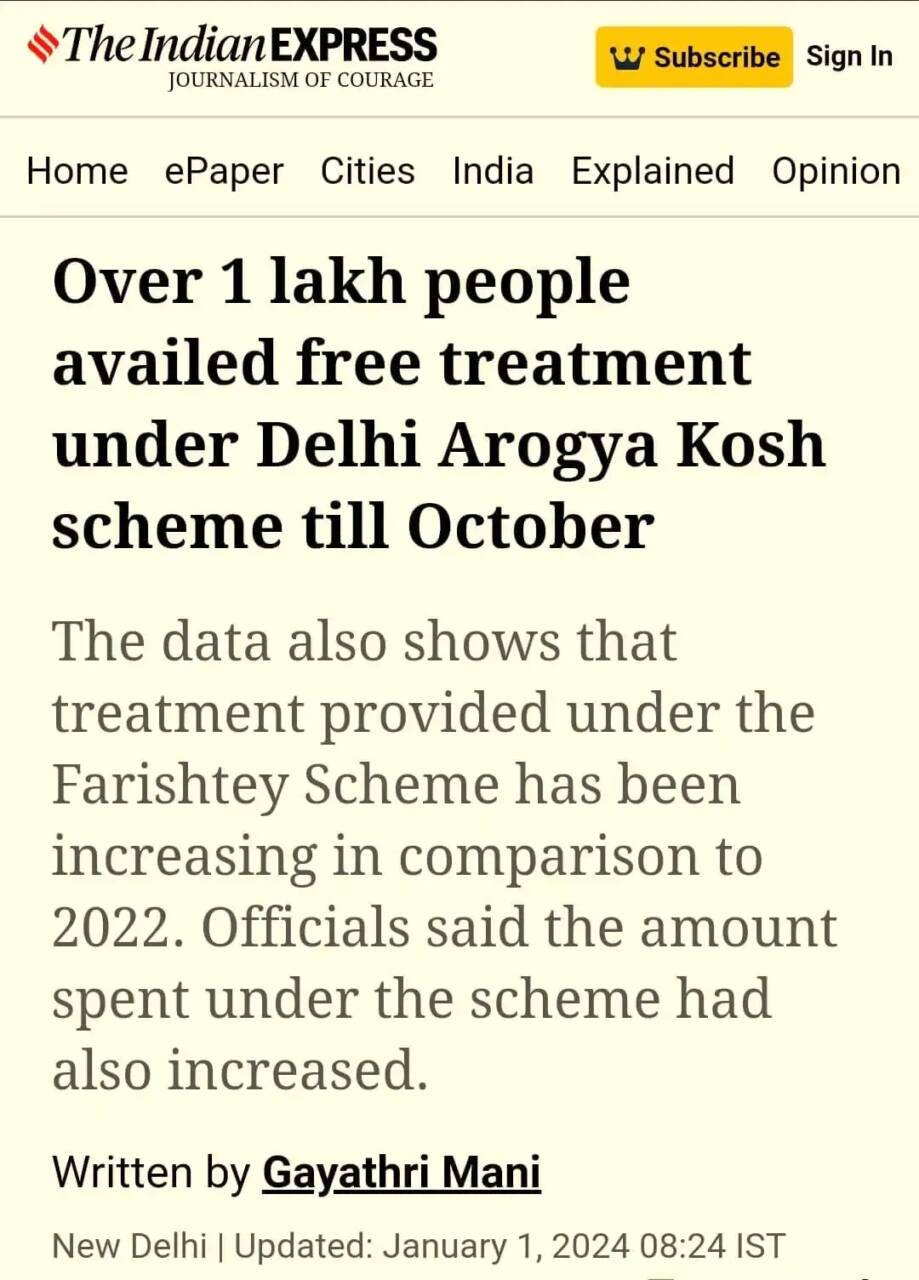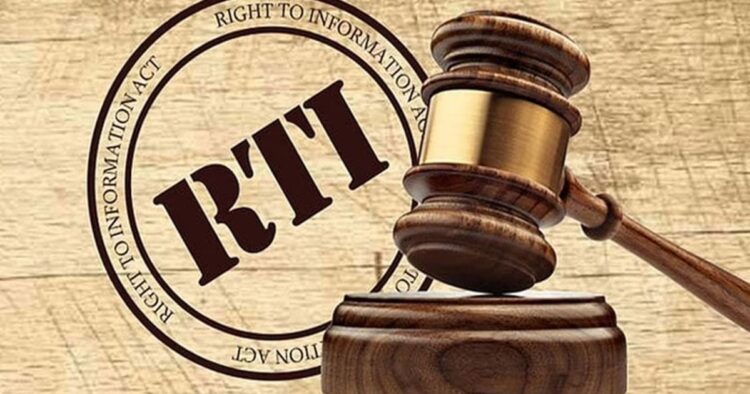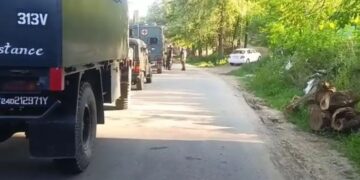An RTI query has exposed discrepancies in the data provided by the Arvind Kejriwal-led Aam Aadmi Party (AAP) government regarding its ‘Delhi Arogya Kosh’ (DAK) scheme. Activist Vivek Pandey’s inquiry revealed that the number of patients receiving free treatment under the DAK scheme was significantly lower than previously claimed by the government.
🚨 Shocking Revelation, My RTI exposes Delhi CM Arvind Kejriwal misleading claims on Delhi Arogya Kosh scheme
🎭 Claim: 168 crore spent, benefiting 4.2 lakh patients 🏥
RTI reveals only 6099 beneficiaries & nearly 66 Cr expenditure 💰
🕵️ Where did the remaining funds gone?… pic.twitter.com/o4T0Zq5Lda
— Dr Vivek Pandey (@Vivekpandey21) April 1, 2024
According to the RTI reply, only 6,099 patients received free treatment under the DAK scheme between March 2018 and January 2024. This figure contradicts reports published earlier, which suggested much higher numbers of beneficiaries.
A report by The Indian Express, based on data from the Delhi government, cited figures vastly different from those revealed in the RTI reply. The contrasting numbers raise questions about the accuracy and transparency of the government’s reporting on healthcare schemes.

The RTI also disclosed the costs incurred by the Delhi government for the DAK scheme, totaling approximately ₹66 crores over six years. This amount differs significantly from claims made by Deputy Chief Minister Manish Sisodia, indicating discrepancies in expenditure as well.
Despite claims of providing free healthcare to a large number of patients, the discrepancy in data highlights a lack of accountability and transparency in the implementation of healthcare schemes by the AAP government.
In addition to discrepancies in healthcare scheme data, the AAP government faced criticism for delays in compensating families of police officials who died on COVID-19 duty. An RTI revealed that 79 families had not received the promised compensation, raising concerns about the government’s commitment to supporting frontline workers.
The AAP government must address the discrepancies uncovered by the RTI and provide clarity on the actual number of beneficiaries and expenditure under the DAK scheme. Additionally, it needs to expedite compensation payments to the families of COVID-19 victims to fulfill its promises and demonstrate accountability to the public.
The revelations from the RTI inquiry underscore the importance of transparency and accountability in government healthcare initiatives. It is imperative for the AAP government to address the discrepancies and ensure that healthcare resources are effectively allocated to benefit those in need.

















Comments